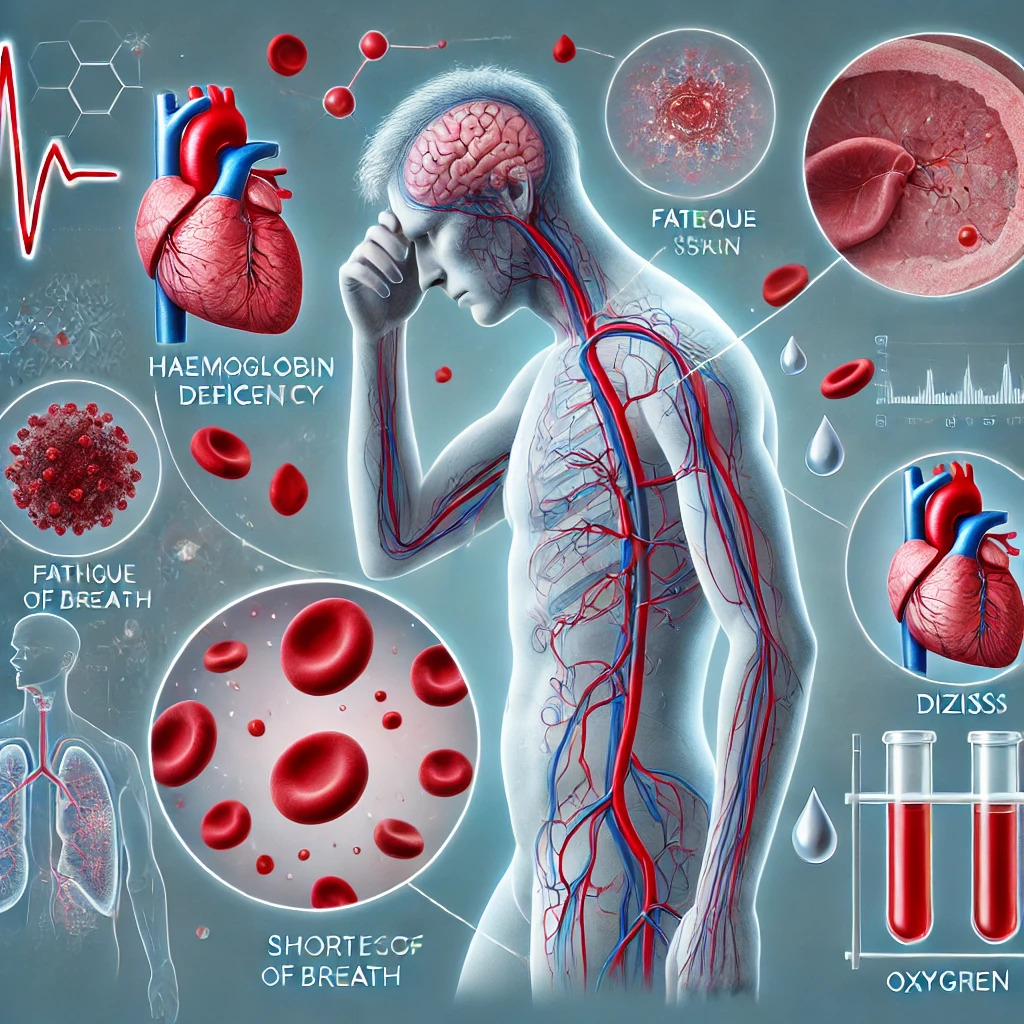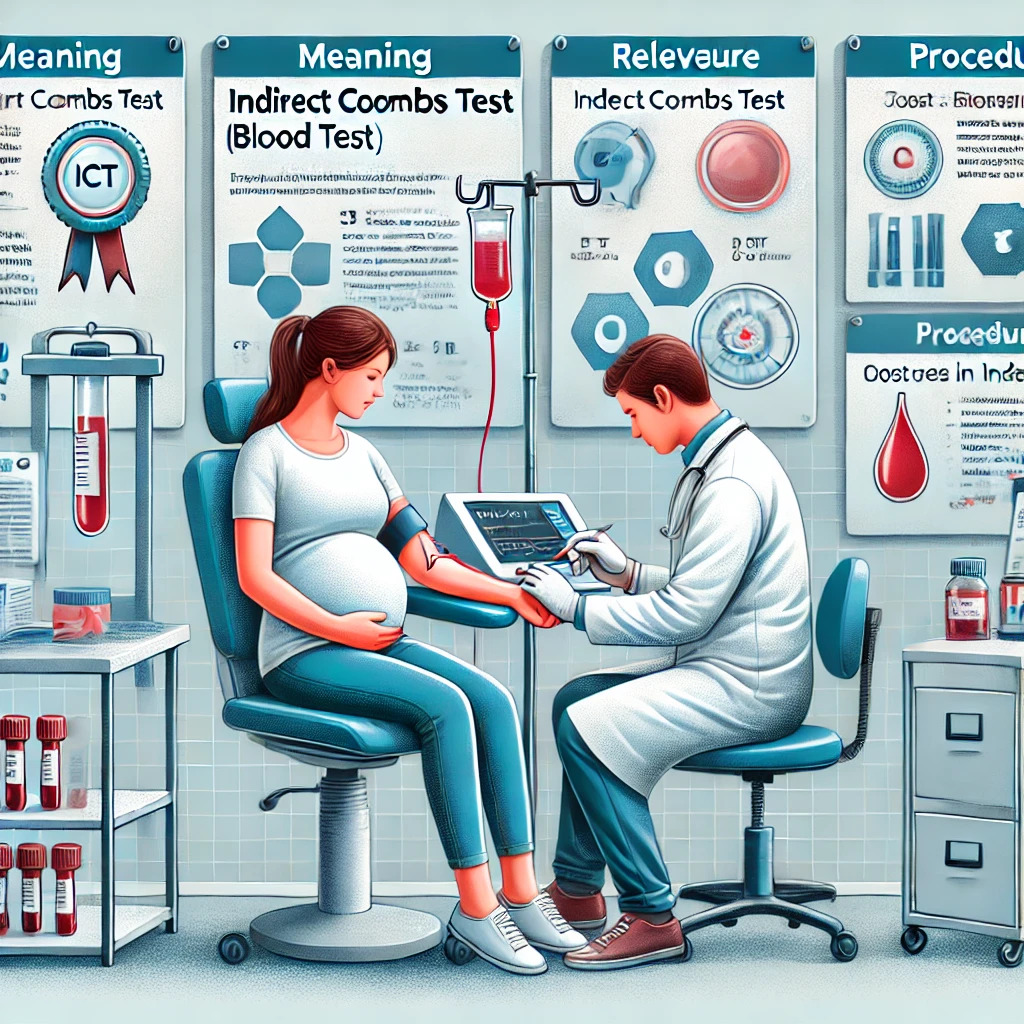Cold and Cough: Causes, Symptoms, Diagnosis, and Treatment Options Including Home Remedies and When to See a Doctor
.jpg)
Cold and Cough- Causes and Symptoms
A common cause for most cases of colds and cough is a viral infection. Most coughs and colds clear away without any treatment. When the infection is caused by a virus, antibiotics will not help and should not be used without consulting a doctor.
Many types of viruses are there, with many causing seasonal infections of the nose and throat. Colds and coughs spread when someone with an infection coughs or sneezes, which spreads the viruses in the air. Children can have 3-8 episodes of colds or coughs in a year. Healthy adults can have 2-3 colds in a year.
Causes of colds and coughs
Many types of viruses can cause a common cold and cough. Rhinoviruses are the most common viruses causing upper respiratory tract infections. A cold virus enters the body via the nose, mouth, or eyes. The spread can be by airborne virus when someone with an infection coughs or sneezes. It can also be transmitted by shaking hands with an infected person or using their contaminated objects like towels, hankies, toys, phone, etc, and then touching your eyes, nose or mouth.
People at risk are
? Infants, young children, and old people
? Those with weakened immune system or chronic diseases
? Infections are more in fall and winter but can happen any time
? Going to crowded places when infections are more increases the risk
? Those who smoke
Symptoms of cough and cold
Symptoms generally appear after one to three days of exposure to a cold causing virus
? The most common symptom is a runny nose and cough.
? One may have sneezing and congestion
? Build up of mucus can lead to earache
? Coughing episodes in the night
? Discomfort and difficulty sleeping
? In addition, one may have a sore throat, headache, malaise, low grade fever, and loss of appetite
? A violent episode of coughing may lead to vomiting, especially in children
When should one see a doctor for a cold and cough?
Most of the time, a common cold and cough will run its course and get better in a few days without any treatment or complication. In rare instances, it can lead to a chest infection, ear infection, pneumonia, etc.
Adults should see a doctor if
- The symptoms don't start improving in 5-7 days or are getting worse
- If you have a high fever for more than three days or a persisting low grade fever
- Breathing difficulties, wheezing
- Severe pains or a severe headache
- You get a rash
- Chest pain
- Drowsiness or loss of orientation
- There is a history of chronic diseases
For children, you should seek medical attention if
- Babies aged less than three months should always be taken to a doctor for a fever higher than 38°C
- Fever is rising or does not go down after two days
- Severe symptoms
- Wheezing, breathing issues
- Ear pain
- Drowsiness
- Lack of appetite
- The child is fussy
- Signs of dehydration which include sunken eyes, low or no urine output
Cold and cough- Home remedies and treatment
The symptoms are worse in the first 2-3 days after which they start getting better, otherwise you can see a doctor. Cough can last for 2-4 weeks. Coughing is a defence mechanism to clear the throat and airways.
? Stay hydrated by drinking water, fresh juice, broths, lemon water with honey.
? Avoid too much caffeine. Avoid alcohol. These can be dehydrating.
? Rest well so that the body can utilise the energy and nutrition to heal.
? Stay in a well ventilated room and maintain a comfortable temperature.
? Sore throat can be soothed with ice chips, lozenges, honey, sugar free candies.
? Salt water gargles can be done to relieve a scratchy throat.
? Saline nasal drops can be used to clear the nose.
? Paracetamol and antihistamines can be used to relieve symptoms. Don't use these medicines for children without consulting a doctor. Do not exceed the recommended dose.
? Steam inhalation can loosen the mucus.
? Certain supplements like Vitamin D, zinc, Vitamin C may help in shortening the course of infection.
? Adults may use OTC cough and cold medicines with due precautions. But these are best avoided.
Common cold and cough diagnosis
Generally, a diagnosis is not required. Common cold and flu cause many common symptoms with fever, headache, and body aches being much more severe in flu. For most people, flu also runs its course and gets better with the same precautions and interventions. But some people can become sick and have complications from the flu and they may need antiviral medications. The doctor can diagnose whether you have a common cold and cough or a flu.
Rapid influenza tests can be used to diagnose a flu. If the doctor suspects you have some other infection, tests for COVID-19, CBC, inflammation markers, viral cultures, etc, may be recommended. There may be super-added bacterial infection for which blood tests may be done. Throat and nasal swab tests may be done too.
*At O-Lab, we have a gold standard diagnostic set-up to test for flu, COVID-19, bacterial infections, viral infections, and other lab tests.*
FAQs
Can honey help with a cough?
Honey can suppress a cough and soothe the sore throat. It has antimicrobial and anti-inflammatory activities which help with such infections. It also coats the throat. It should not be given to children under the age of one. .
What are the four stages of cold?
The first stage after exposure is the incubation period. The next stage is when the symptoms appear. In the third stage, remission starts. Fourth stage is the recovery.
What are the 4 types of cough?
- Wet cough which brings mucus
- Dry cough without mucus that feels like a tickle or irritation in the throat
- Paroxysmal cough is a violent and uncontrollable coughing
- Croup Cough has a barking sound and can cause breathing problem
Cold and flu generally cause wet or a dry cough.





